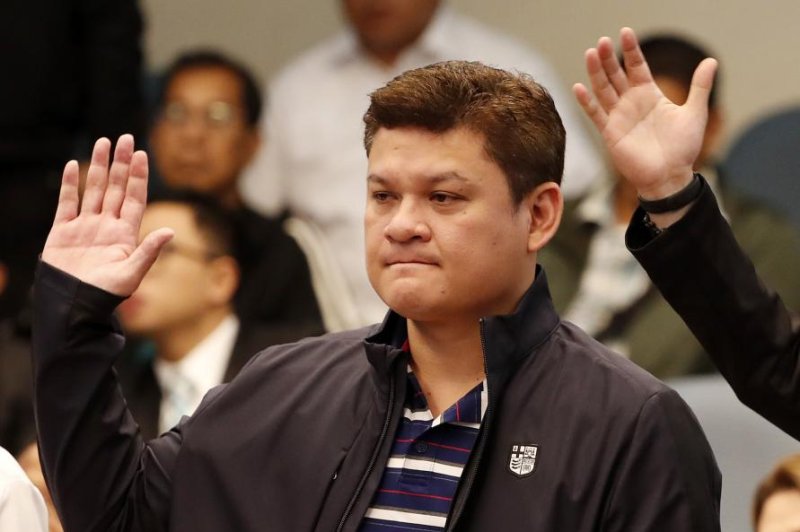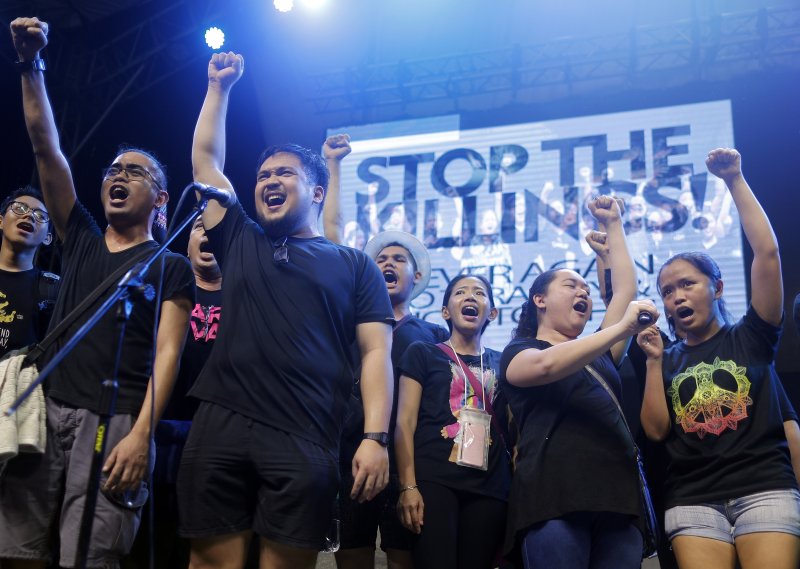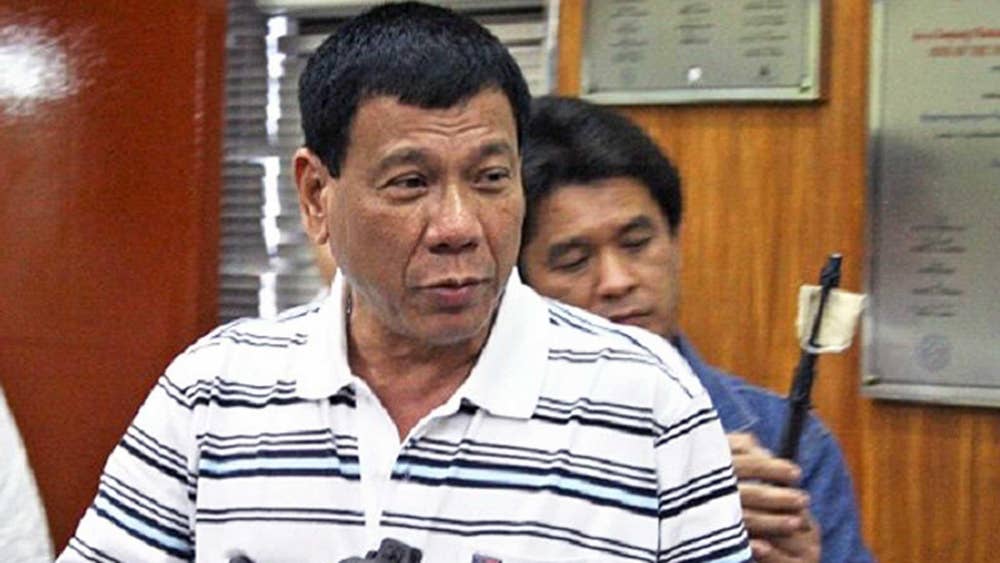Security issues dominated his most important annual speech, including a disastrous two-month uprising by pro-Islamic State group militants in a southern city, the worst crisis he has faced. Thousands of protesters marched outside Congress demanding he deliver on a range of promises which mirror the diverse burdens of his presidency, from protecting human rights to improving internet speed. A look at the most serious issues confronting Duterte as he enters his second year in power.
ISLAMIC STATE-LINKED SIEGE
Two months after more than 600 pro-Islamic State group militants blasted their way into the southern city of Marawi, the military is still fighting the last gunmen — fewer than 100, about 10 of them foreign. Duterte told reporters after his speech Monday that the government counteroffensive will not stop “until the last terrorist is taken out.” The crisis, however, may not end soon, according to Duterte, because troops have to move carefully to ensure the safety of about 300 hostages he said are being held by the gunmen. “I don’t want these innocent people to be slaughtered,” he said.
Congress overwhelmingly voted on Saturday to grant Duterte’s request to extend martial law in the south to the end of the year to allow Duterte to deal with the Marawi crisis and stamp out other extremist groups across the south, something five presidents before him have failed to do. About half a million people have been displaced by the Marawi fighting. Some have threatened to march back to the still-besieged city to escape the squalor in overcrowded evacuation camps in nearby towns. Rebuilding Marawi will require massive funds and national focus and will be fraught with pitfalls. Amid the despair and gargantuan rebuilding, it’s important “to ensure that extremist teachings do not find fertile ground,” said Sidney Jones, director of the Jakarta-based Institute for Policy Analysis of Conflict.
DRUG WAR
Despite criticism and threats of criminal prosecution, Duterte said his drug crackdown, which has left thousands of suspects dead, will go on. “Do not try to scare me with prison or the International Court of Justice,” he said Monday. “I’m willing to go to prison for the rest of my life.” He reiterated his plea that Congress reimpose the death penalty for drug offenders and others. “The fight will not stop until those who deal in (drugs) understand that they have to stop because the alternatives are either jail or hell,” Duterte said, to applause from his national police chief, Ronald del Rosa, and other supporters in the audience.
During the campaign, he promised to rid the country of illegal drugs in three to six months and repeatedly threatened traffickers with death. But he missed his deadline and later declared he would fight the menace until his last day in office. When then-U.S. President Barack Obama, along with European Union and U.N. rights officials, raised alarm over the mounting death toll from the crackdown, Duterte lashed out at them, telling Obama to “go to hell.” Duterte’s fiercest critic at home, Sen. Leila del Lima, was detained in February on drug charges she said were baseless.
More than 5,200 suspects have died so far, including more than 3,000 in reported gunbattles with police and more than 2,000 others in drug-related attacks by motorcycle-riding masked gunmen and other assaults, police said. Human rights groups have reported a higher toll and called for an independent investigation into Duterte’s possible role in the violence. Duterte “has unleashed a human rights calamity on the Philippines in his first year in office,” U.S.-based Human Rights Watch said. In April, a lawyer filed a complaint of crimes against humanity against Duterte and other officials in connection with the drug killings before the International Criminal Court. An impeachment complaint against the president was dismissed in the House of Representatives, which is dominated by Duterte’s allies.
SOUTH CHINA SEA






